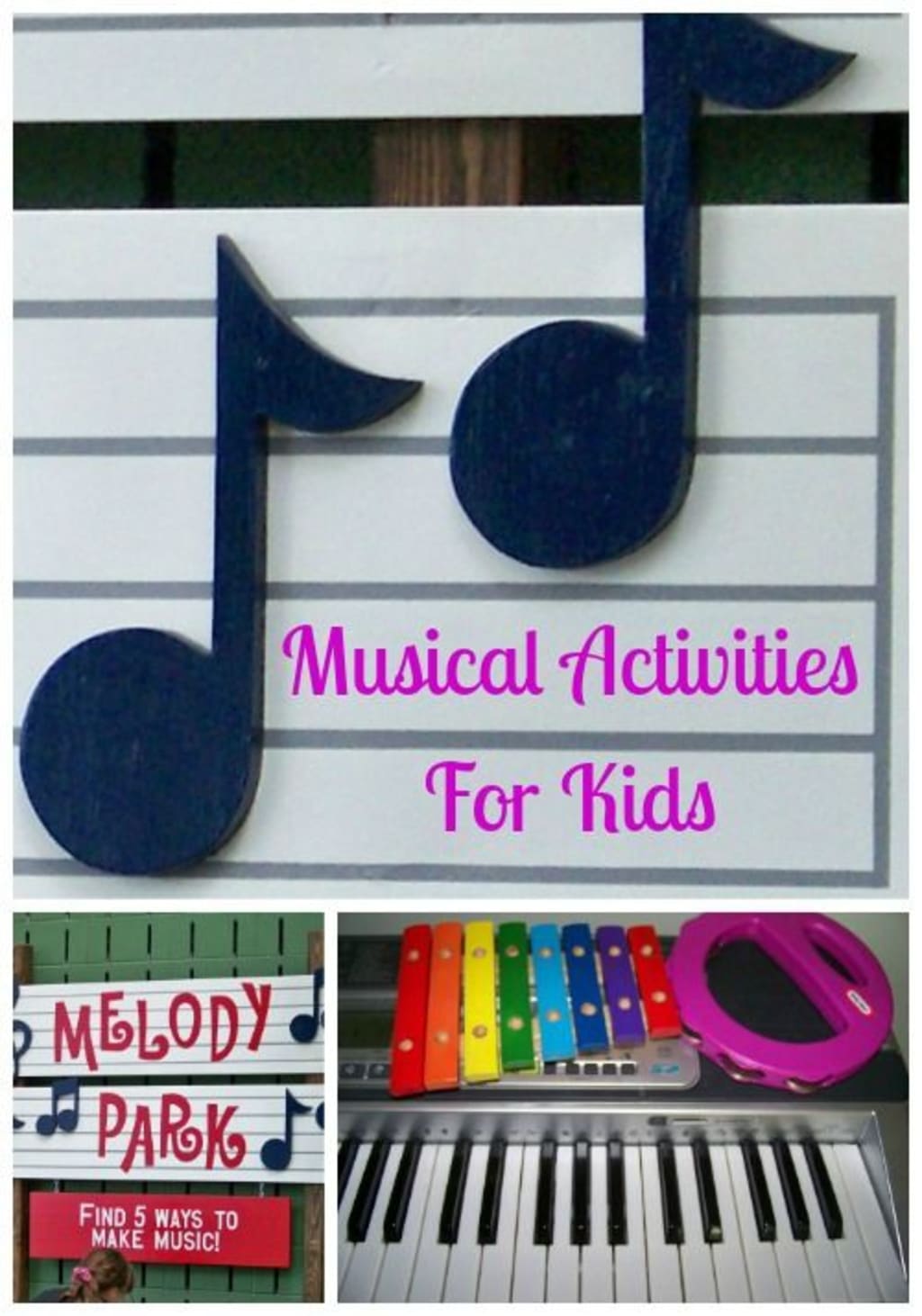The Transformative Power of Musical Activities
Exploring the Benefits of Engaging in Music

Title: The Transformative Power of Musical Activities: Exploring the Benefits of Engaging in Music
Introduction (Approximately 200 words)
-------------------------------------
Music is an essential part of human culture, providing a means of expression, communication, and connection. Throughout history, people have engaged in various musical activities, including singing, playing instruments, composing, and dancing. These activities not only bring joy and entertainment but also offer numerous benefits for individuals of all ages. In this article, we will explore the transformative power of musical activities and delve into the physical, emotional, cognitive, and social advantages they provide.
Physical Benefits of Musical Activities (Approximately 300 words)
---------------------------------------------
Engaging in musical activities has numerous physical benefits. Singing, for instance, strengthens respiratory muscles, improves lung capacity, and enhances overall breathing control. Playing musical instruments requires dexterity and coordination, promoting fine motor skills development. Additionally, dancing to music is an excellent form of exercise, improving cardiovascular health, balance, and flexibility. Regular participation in musical activities has been linked to increased physical fitness and overall well-being.
Emotional and Psychological Benefits (Approximately 400 words)
---------------------------------------------
Music has the power to evoke emotions and can serve as a powerful tool for emotional expression and regulation. Engaging in musical activities can help individuals release stress, reduce anxiety, and manage their emotions. Playing or listening to music can create a sense of joy, relaxation, and upliftment, leading to improved mental well-being. Moreover, participating in music-making activities fosters a sense of achievement, self-confidence, and self-esteem, as individuals learn new skills and create something meaningful.
Cognitive Advantages of Musical Engagement (Approximately 400 words)
---------------------------------------------
Research has consistently demonstrated the cognitive benefits of musical activities. Learning to play a musical instrument, for example, enhances memory, attention, and concentration. Musical training also improves auditory processing skills, which can have a positive impact on language development and literacy. Studies have shown that children who engage in musical activities tend to perform better academically, particularly in mathematics and spatial reasoning. Furthermore, music stimulates creativity and problem-solving abilities, as individuals explore different melodies, harmonies, and rhythms.
Social Benefits and Community Engagement (Approximately 400 words)
---------------------------------------------
Music has a remarkable ability to bring people together, fostering social connections and promoting a sense of community. Participating in musical activities often involves collaborating with others, whether in a choir, band, or orchestra. This collaborative aspect encourages teamwork, cooperation, and communication skills. It also provides opportunities for individuals to develop empathy and understanding, as they engage in shared creative experiences. Music can transcend cultural and language barriers, promoting inclusivity and diversity.
Musical activities also offer platforms for individuals to perform and share their talents, leading to increased self-expression and confidence. Community events, concerts, and music festivals provide avenues for people to come together, celebrate, and appreciate the arts. Engaging in music-making within a community setting creates a sense of belonging and strengthens social bonds.
Conclusion (Approximately 200 words)
----------------------------------
In conclusion, engaging in musical activities has a wide range of benefits that span physical, emotional, cognitive, and social domains. Whether through singing, playing instruments, composing, or dancing, individuals can experience the transformative power of music. From improved physical fitness to enhanced emotional well-being, from cognitive development to social connections, the impact of music on our lives is profound. It is essential to encourage and support musical engagement at all stages of life, from early childhood to adulthood and beyond. By recognizing and harnessing the power of music, we can unlock the full potential of individuals and communities, creating a harmonious and enriching society for all. So, let us embrace music and immerse ourselves in its transformative magic.





Comments
There are no comments for this story
Be the first to respond and start the conversation.